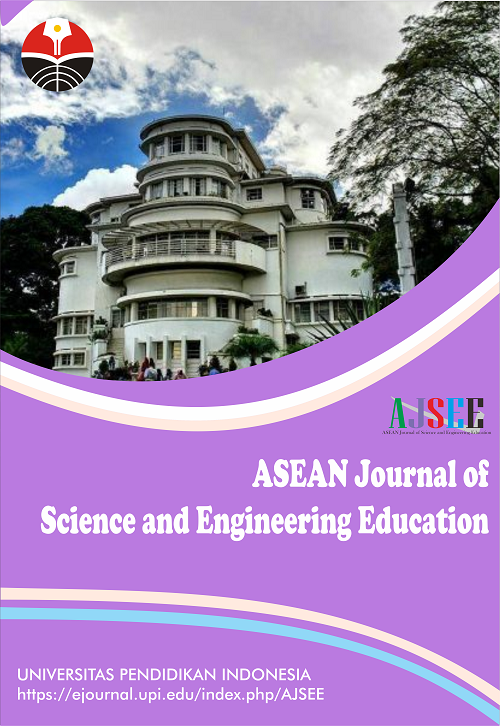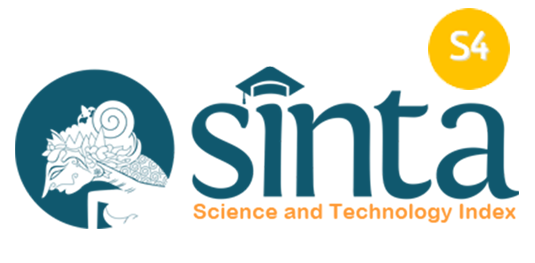Laboratory jargon and misconceptions in Chemistry – an empirical study
Abstract
Keywords
Full Text:
PDFReferences
Barke, H. D. (2012). Two ideas of the redox reaction: Misconceptions and their challenge in chemistry education. African Journal of Chemical Education, 2(2), 32-50.
Barke, H. D., and Büchter, J. (2018). Laboratory jargon of lecturers and misconceptions of students. African Journal of Chemical Education, 8(1), 28-38.
Barke, H. D., and Harsch, N. (2016). Donor-acceptor reactions: Good bye to the laboratory jargon. African Journal of Chemical Education, 6(1), 17-30.
Barke, H. D., Hazari, A., and Yitbarek, S. (2009). Students’ misconceptions and how to overcome them. Misconceptions in Chemistry, 2, 21-36.
Barke, H., and Harsch, N. (2014). Broensted acids and bases: They are not Substances but Molecules or Ions!. African Journal of Chemical Education, 4(4), 82-94.
Johnstone, A. H. (2000). Teaching of chemistry-logical or psychological?. Chemistry Education Research and Practice, 1(1), 9-15.
DOI: https://doi.org/10.17509/ajsee.v3i1.48210
Refbacks
- There are currently no refbacks.
Copyright (c) 2022 Universitas Pendidikan Indonesia

This work is licensed under a Creative Commons Attribution-ShareAlike 4.0 International License.














